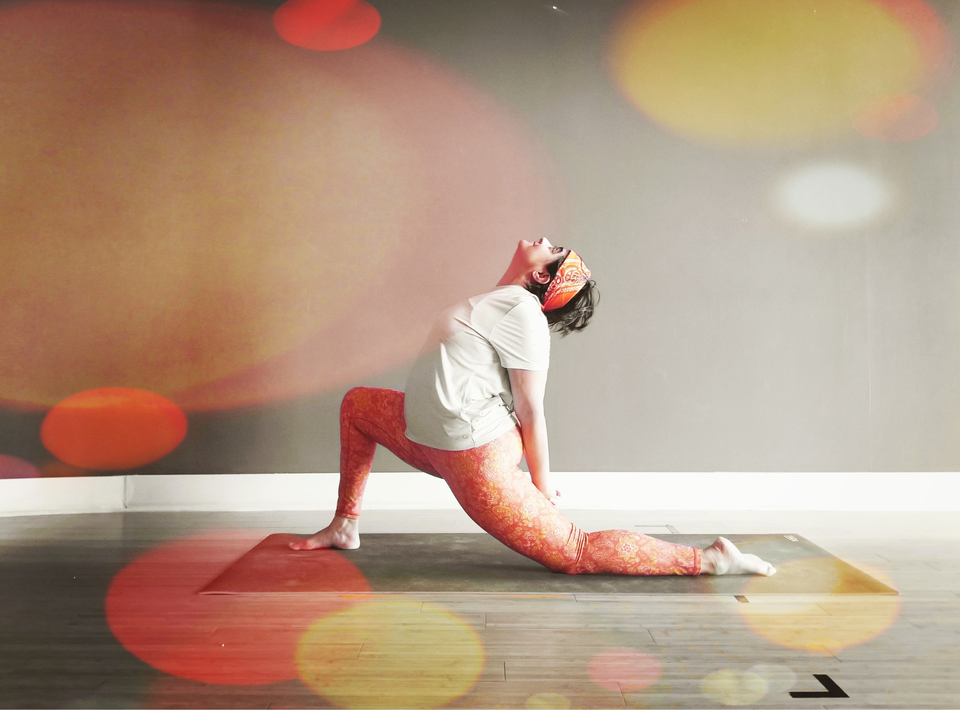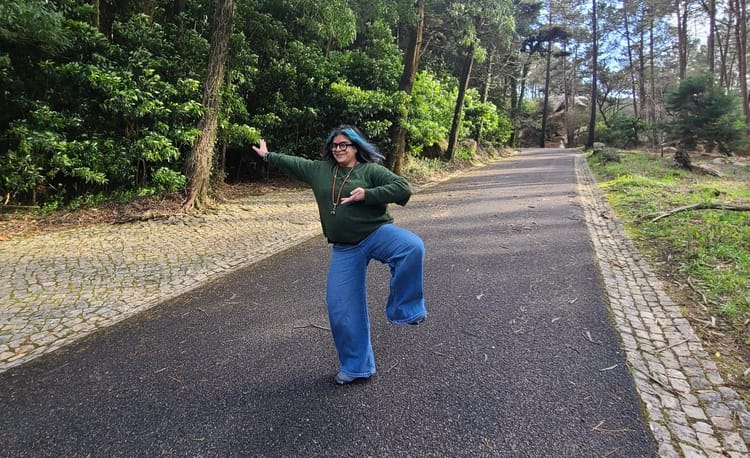Two faces of devotion

My most cherished memory from childhood is waking up while it was still dark outside and seeing my mother’s still silhouette sitting cross-legged near me on the bed. I could not see her face, only her glow-in-the-dark mala that moved every few seconds, as she went to the next bead. She chanted the Navkar Mantra and a Shakti mantra daily, twice. Once in the morning and once at night. Her chanting sounded like speedy mumbling but I knew the words and would silently repeat them in my head every once so often.
I knew better than to disturb her by saying mummy or even talking to my sister. If I did, she would unfailingly say, “Mala todi kaadhi,” meaning you’ve broken my reverie. She would go back to the start. As a five-year-old, I marveled at her dedication. It was awe-inspiring and daunting, something I could not do if I tried. Once I learned to be quiet, it got better. I learned that I wanted her attention, I would have to let her finish. A great lesson in patience and boundaries.
I have a daily meditation practice now. It is one of the things that makes me feel close to my mom. My only regret in life is that I did not encourage or initiate her to do her practice as she progressed in her dementia. People tell me I am like her - the way I look with my big glasses and my tomboyish exuberance. For me, I want to be like her in devotion. Shakti Ma was everything to her. I have never gotten into reciting mantras though. I do not chant regularly; I sit in silent meditation with an odd day with a mantra here and there.
As fall has begun, I have been more determined to wake up earlier and meditate. It is easier to meditate in the dark. The silence of autumn mornings is calming and perfect for slipping into a mindful presence. Sometimes, as I reflect on my sitting posture, I am reminded of my mother’s frame. It brings me peace and renews my effort in the moment.
Yesterday, as I sat on the bed in my guest room on two pillows, under a velvety blanket, I felt the morning breaking. The sunshine gently parted the darkness of night. It was a reminder of impermanence, the inevitability of change. As I breathed into the morning, the door opened slightly and Macha ran in and threw himself into my lap. Sid came in behind him and planted a kiss on my cheek. My reverie was broken, was my first thought. But I was smiling, that was my second realization.
My practice may be inspired by my mother’s, but it is its own thing. It is my version of devotion. It is not to a goddess, but to the practice itself. To presence. To equanimity. To impermanence. In this iteration of sadhana, the discipline is to embody ease and flexibility.
It is freeing. I do not have to be my mother. I do not have to be sick like her. I do not have to devoted like her. I can be me. And I will still always love her. I will continue to learn from her brilliance and flaws. My first and ultimate teacher in this lifetime.


Member discussion